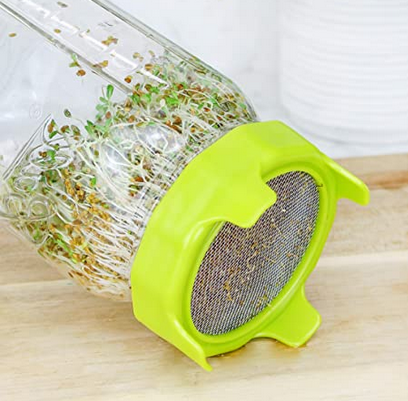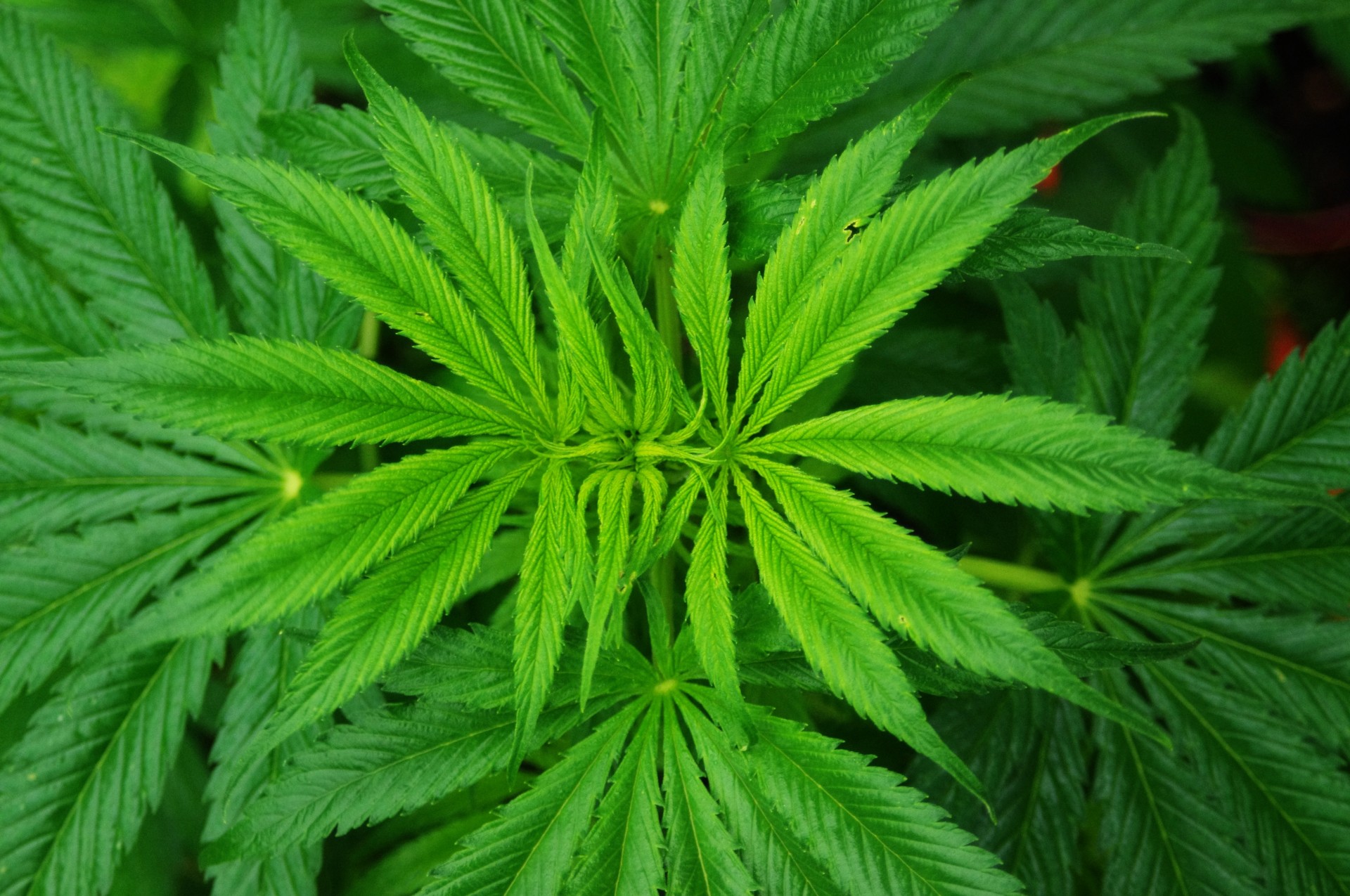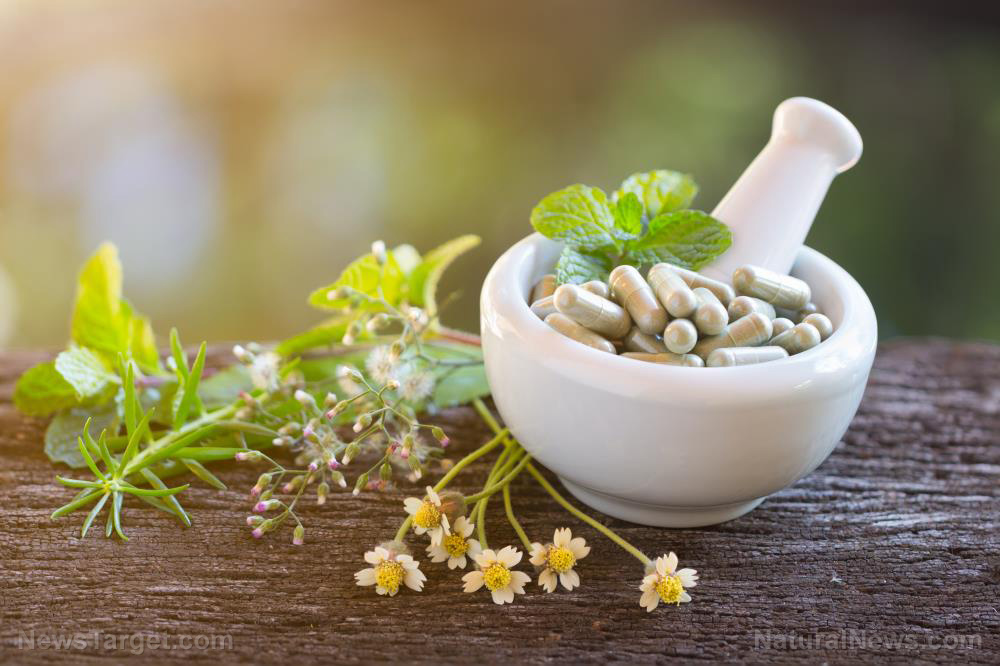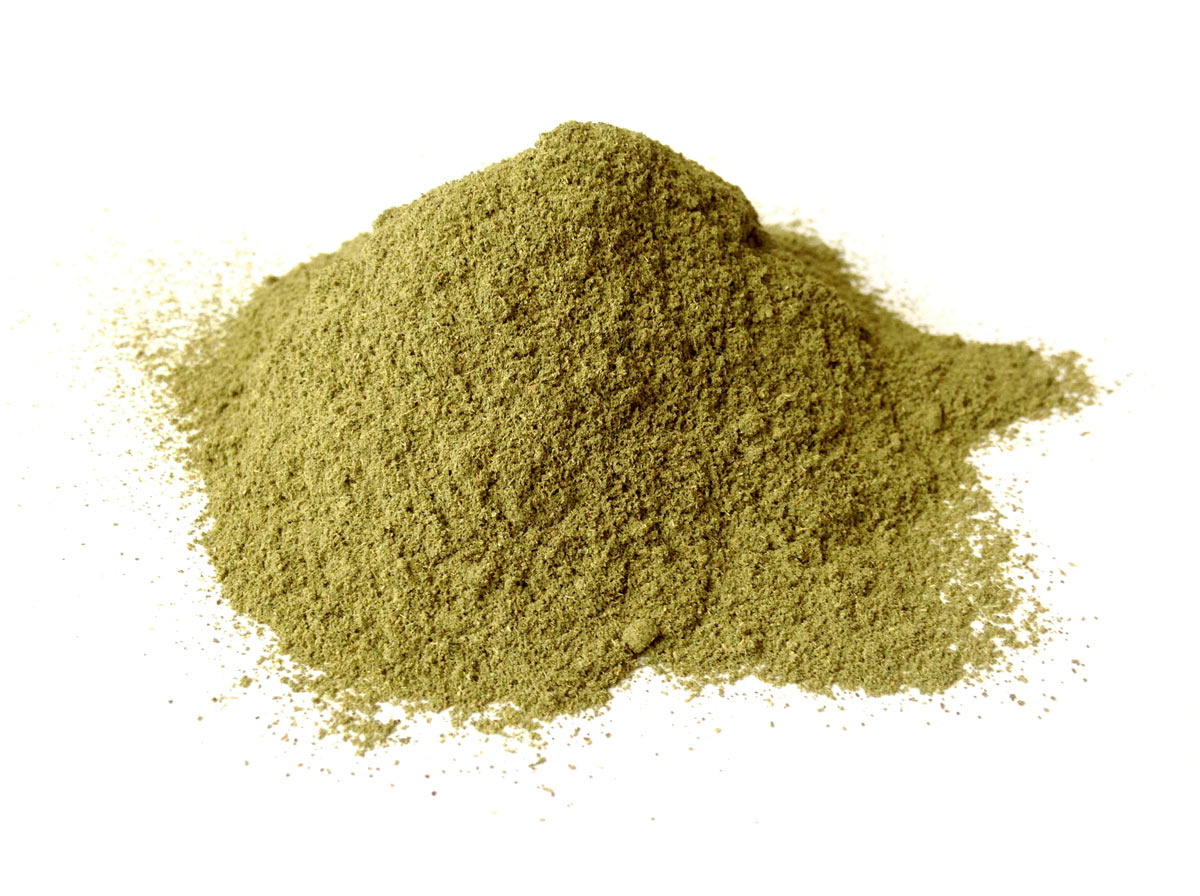The health benefits of Cubeb Pepper, an exotic medicinal spice that’s naturally rich in hinokinin, a powerful phytonutrient for enhancing immunity
03/15/2020 / By Cassie B.
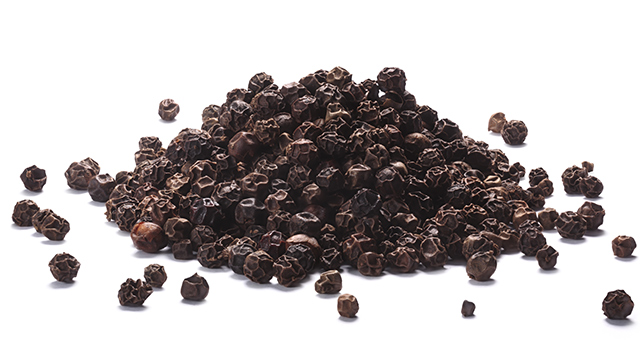
When you hear about all of the incredible health benefits of herbs like turmeric and ginger, it makes you wonder whether the cure to many of the seemingly insurmountable illnesses facing mankind could be growing in a jungle somewhere on our planet, just waiting to be discovered. And right now, there’s one exotic plant that is gaining attention for its growing list of benefits, including a very big one: the ability to enhance immunity.
That herb is cubeb pepper (piper cubeba), which is also known by names such as Java pepper, West African black pepper, tailed pepper, and false pepper. These dried ripe berries have been used for many years in traditional medicine to address problems ranging from dysentery and gonorrhea to asthma and diarrhea.
It’s native to Indonesia, particularly the Greater Sunda Islands, and it is cultivated in places like Sumatra, Java, Sri Lanka and Malaysia. Arab doctors were believed to be the first ones to recognize its healing effects back in the 9th century, and they brought it to Europe, where it was used for many different ailments.
The piper cubeba is a climbing plant that can grow more than 20 feet high. Its flowers develop into soft berries with a slightly shriveled surface, and they’re distinguished by their small tail. They are harvested before they ripen fully and then dried in the sun, which causes them to turn a brownish-black shade and take on their wrinkly, raisin-like appearance.
Hinokinin has shown antiviral activity against SARS coronavirus
The bioactive compounds found in Piper cubeba have been used to develop therapeutic agents for all manner of health problems. It’s particularly noteworthy for its lignans, which are secondary metabolites produced by the plant that possess impressive biological properties.
Hinokinin, one of the lignans found in the plant, is a powerful phytonutrient thanks to its ability to enhance immunity as well as its analgesic and anti-inflammatory effects. In studies, it has shown significant antiviral activity against severe acute respiratory syndrome (SARS) coronavirus. Furthermore, hinokinin is being explored for its antimycobacterial effects and could eventually serve as a natural treatment for tuberculosis.
Dried cubeb berries also contain an essential oil of monoterpenes and sesquiterpenes that possesses anti-bacterial and anti-inflammatory properties.
In cooking, the cubeb pepper is used in dishes like Indonesian curries and pairs well with meat, vegetable and cheese dishes. It’s sometimes used as a pepper substitute or in recipes calling for allspice. It’s also used alongside juniper in flavoring gin.
Ailments that cubeb pepper might help address
Cubeb berries are known for their pungent and somewhat bitter taste that is best described as a mix of allspice and black pepper. A member of the piper family, it’s related to another herb that will undoubtedly be more familiar to you: black pepper. And yet its healing potential is far from ordinary. Here’s a look at some of the ailments it can address.
Respiratory problems and chronic bronchitis
Cubeb pepper has been used for a long time in Ayurvedic medicine to address mild bronchitis and other respiratory symptoms, like a nagging cough. Its mucus-dissolving properties make it well suited to addressing a range of respiratory conditions.
Urinary tract issues
As a strong anti-inflammatory, cubeb pepper has long been used for infections that afflict the urogenital tract, including kidney inflammation, prostate and uterine inflammation, and bladder problems.
Headaches and migraines
As a natural analgesic, cubeb pepper has been used to alleviate headaches, migraines and dizziness.
Gastrointestinal issues
Cubeb peppers are sometimes used to help strengthen the gastrointestinal tract. This herb’s ability to stimulate the production of gastric juices and saliva means the spice is a good choice for addressing problems like gastritis. It has traditionally been used to help digestion after eating meals high in fat and other types of food that aren’t easy to digest.
Dental issues
This aromatic pepper’s antiseptic properties make it well suited to dealing with dental problems, and it’s often chewed on to reduce bad breath.
Stress and anxiety
Chewing some of these berries can help to reduce anxiety and stress in addition to boosting attention and mental performance.
A word of warning: Cubeb pepper may have an impressive list of benefits, but it’s important not to overdo it. When taken excessively, it can cause vomiting, nausea and other problems, including skin rashes. It should also be avoided by people with kidney problems. It’s best to explore new herbs under the guidance of an integrative medicine practitioner who is familiar with proper usage.
With so many healing abilities, it is no surprise that the cubeb pepper has been used in traditional medicine for so long and in so many forms; the berries have traditionally been chewed or ground into a powder form, and it’s also used to make a tea and can even be smoked.
Much like ginger and turmeric, cubeb pepper is one of those herbs that leaves no doubt that plants really are some of the best medicine there is.
Sources for this article include:
Submit a correction >>
Tagged Under:
Ayurvedic medicine, bronchitis, coronavirus, cubeb pepper, food is medicine, herbs, hinokinin, immune system, immunity, inflammation, Java pepper, natural cures, natural medicine, natural remedies, recipes, remedies, spices
This article may contain statements that reflect the opinion of the author
RECENT NEWS & ARTICLES
COPYRIGHT © 2017 CoronavirusHerbs.com
All content posted on this site is protected under Free Speech. CoronavirusHerbs.com is not responsible for content written by contributing authors. The information on this site is provided for educational and entertainment purposes only. It is not intended as a substitute for professional advice of any kind. CoronavirusHerbs.com assumes no responsibility for the use or misuse of this material. All trademarks, registered trademarks and service marks mentioned on this site are the property of their respective owners.




